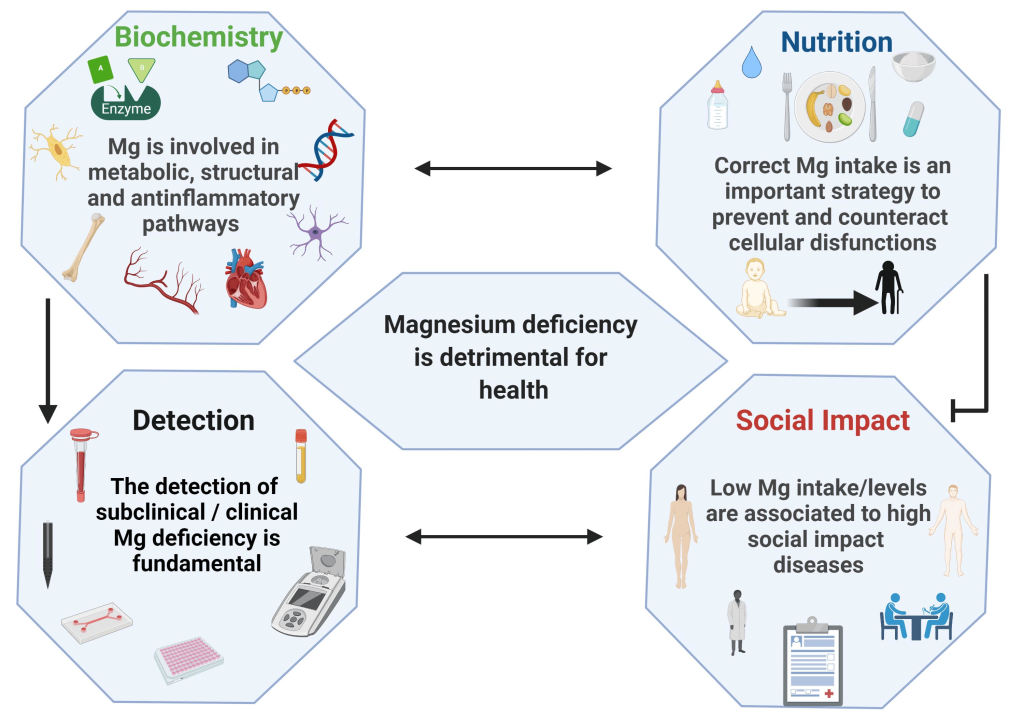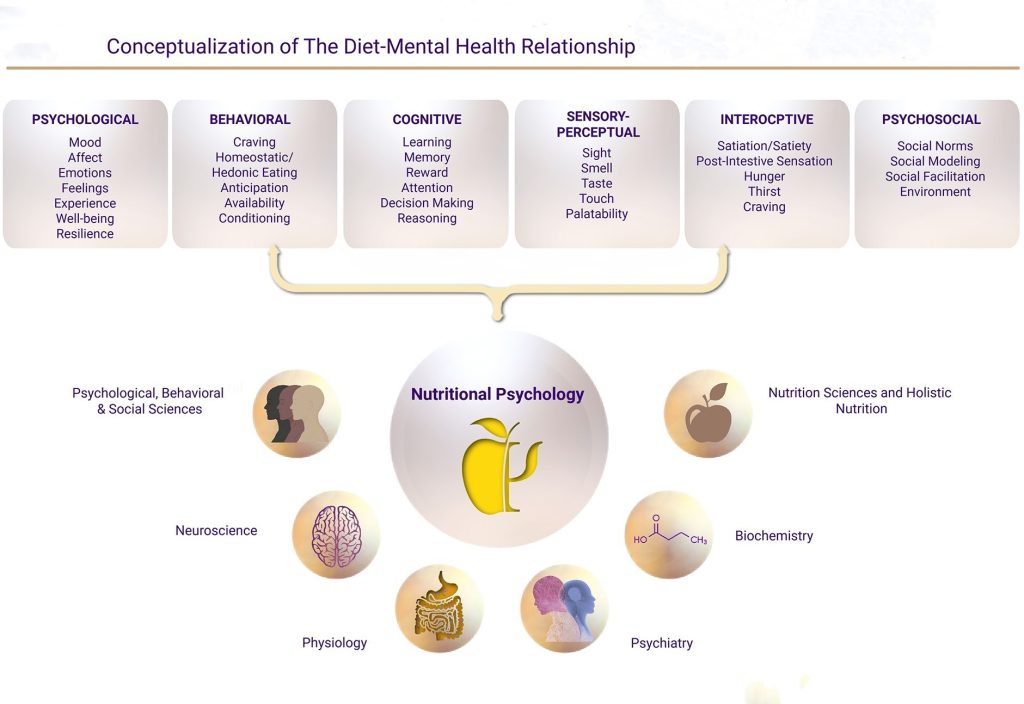Nutritional biochemistry explores the complex interplay between food ingredients and human physiology, explaining the role that dietary nutrients play in influencing vital biochemical processes that are necessary for overall health and well-being. The goal of this multidisciplinary field is to understand the molecular mechanisms underpinning the metabolism, absorption, and use of nutrients by integrating concepts from nutrition science, physiology, and biochemistry. We go into the field of Biochemistry of nutrition in this thorough investigation, looking at its importance in maintaining good health and averting chronic illnesses.

Comprehending Nutritional Biochemistry
The biochemical characteristics and physiological functions of macronutrients (carbohydrates, proteins, and fats) and micronutrients (vitamins, minerals, and antioxidants) in the human body are the main topics of nutritional biochemistry. The following are important ideas in Biochemistry of nutrition:
Macronutrient Metabolism
The body uses carbohydrates as its main energy source. Enzymes break down carbohydrates to produce glucose, which powers cellular functions. Amino acids function as the building blocks of proteins, which are necessary for tissue growth, repair, and upkeep. Fatty acids function as building blocks for signalling molecules, and fats are essential for the synthesis of hormones, the storage of energy, and the formation of cell membranes.
Micronutrient Functions
Minerals and vitamins participate in cellular signalling, oxidative stress defence, and enzymatic activities as cofactors, coenzymes, and antioxidants. Micronutrient deficiencies can cause immune system dysfunction, alter metabolic pathways, and make people more vulnerable to long-term conditions like osteoporosis, cardiovascular disease, and anemia.
Transport and Absorption of Nutrients
The gastrointestinal system is the main site of nutrient absorption, where food ingredients are broken down and absorbed into the bloodstream. Transport proteins let nutrients pass across cell membranes and reach the intended tissues and organs where they can be used. Nutrient absorption efficiency and bioavailability are influenced by many factors, including genetic differences, gut flora, and dietary composition.
Nutritional Genomics
To understand how dietary variables affect gene expression and protein function, nutritional biochemistry interacts with genomics, transcriptomics, and proteomics. Nutrigenomic studies look into the ways that dietary components and individual genetic variations interact to affect disease risk, metabolic pathways, and tailored nutrition recommendations.
The Function of Nutritional Biochemistry in Health Promotion
By providing evidence-based dietary advice and treatments, nutritional biochemistry contributes significantly to the promotion of optimal health and the prevention of diet-related disorders. The following are some important domains where the Biochemistry of nutrition supports the promotion of health:
Disease Prevention
Research on the Biochemistry of nutrition helps develop solutions to stop diet-related illnesses like diabetes, obesity, heart disease, and some types of cancer. Dietary treatments that target metabolic dysregulation, inflammation, and oxidative stress can be developed with the help of an understanding of the biochemical pathways underlying illness etiology.
Nutrient Requirements
The biochemistry of nutrition sheds light on the requirements for nutrients at various phases of life, physiological states, and medical situations. Supporting growth, development, and physiological processes requires a balance and enough of nutrients, with recommended dietary allowances (RDAs) acting as a guide for achieving nutrient requirements.
Nutritional therapy
Dietary interventions are used as supplementary therapies to manage metabolic disorders and chronic diseases based on the principles of the Biochemistry of nutrition. To optimize health outcomes, medical nutrition therapy combines clinical nutrition practice with biochemical concepts to customize dietary therapies to each patient’s needs and treatment objectives.
Nutritional Biochemistry
Studies examining dietary habits, nutrient intakes, and health consequences in communities are aided by the Biochemistry of nutrition. Public health policies, dietary recommendations, and nutrition education programs that support healthy eating and lower the burden of disease are informed by epidemiological studies.
Explore More Community Nutrition: Encouraging Well-Being via Dietary Instruction

Journal of Nutritional Biochemistry
Published original articles, reviews, and meta-analyses covering a wide range of nutrition science and metabolism subjects, the Journal of Nutritional Biochemistry (JNB) is a prime forum for the dissemination of research in the field of Biochemistry of nutrition. JNB includes research fields like:
Energy-Based Metabolism
Investigations clarify the molecular processes that underlie the body’s metabolism, excretion, transport, and absorption of nutrients.
Genetics of Nutrition
Studies look into the relationships between metabolic characteristics, epigenetic changes, and gene expression in nutrition.
Food-Based Bioactives
Studies on the health benefits, bioavailability, and bioactivity of antioxidants, phytochemicals, and functional dietary ingredients.
Clinical Nutrition
Clinical trials and observational studies assessing the safety and effectiveness of dietary treatments for the management, prevention, and treatment of disease.
Epidemiology of Nutrition
Studies using a population to look at the relationships between food habits, nutrient intakes, lifestyle choices, and health outcomes.
In summary
At the nexus of biochemistry, physiology, and nutrition science, nutritional biochemistry provides an understanding of the molecular underpinnings of nutrient metabolism, dietary needs, and health consequences. Biochemistry of nutrition provides insight into the complex interactions between physiology and diet, which in turn helps to develop evidence-based plans for maintaining good health and averting chronic illnesses. The application of biochemical concepts to clinical practice and public health efforts shows promise for improving nutrition-related outcomes and raising the quality of life in a variety of populations as research in this area progresses.










